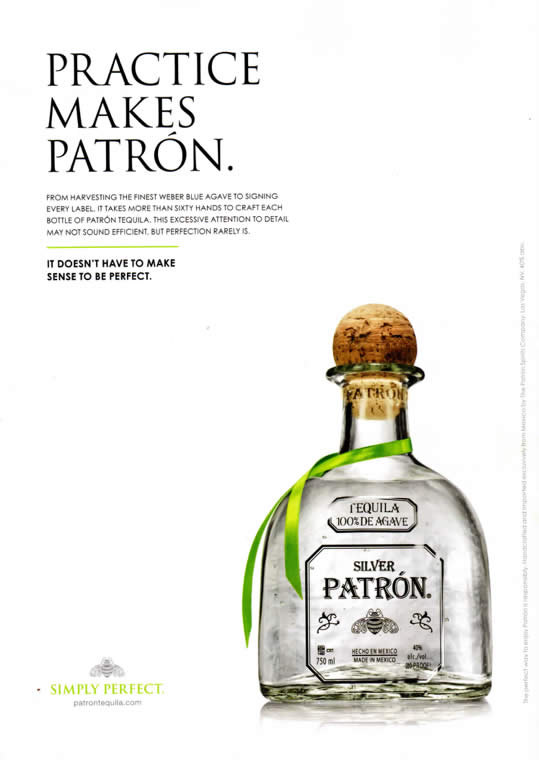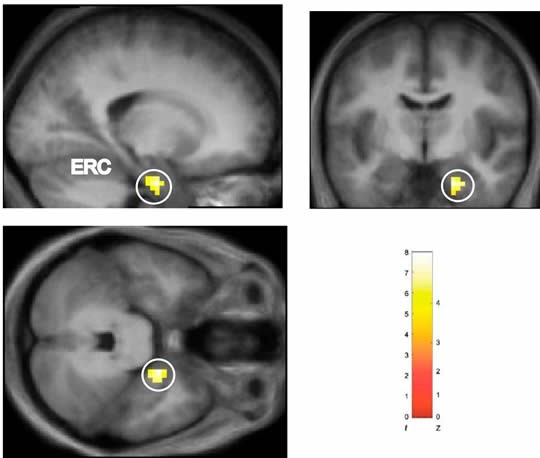How To Write Headlines That Surprise The Brain
I ran across an ad for Patrón Tequila that, whether they intended it or not, employs a clever tactic based on neuroscience.
The ad headline is “Practice Makes Patrón.”

Substituting a word in a familiar expression, in the case “practice makes perfect,” is a common newspaper headline-writing technique. For example, “Home, Smart Home,” (a variation on “Home, Sweet Home) has been frequently used in articles about home automation.
But when the word change occurs at the end, the headline is even more likely to grab our attention. That’s because when our brain recognizes a sequence, it predicts what is coming next and compares that prediction to reality.
When there’s a mismatch between the two, our brain snaps to attention.

Researchers at at the Wellcome Trust Centre for Neuroimaging at University College London found that the brain’s hippocampus functions as a sort of prediction and comparison machine, and reacts if there is a discrepancy between what is expected and reality. (See Surprising the Brain.)
So, when we see “Patrón” completing the phrase instead of “perfect,” it wakes up our brain a bit.
This ad is particularly clever because most of the brand’s ads have emphasized a “perfect” theme to describe the product. Not only does this ad surprise us, it also makes us think about the word our brain predicted. In this case, that word is part of the brand message.
Write Your Own Hippocampus Headlines
Writing content headlines? Brand slogans? Print ads? You can grab your reader’s or customer’s attention by substituting the unexpected for the familiar, preferably at the end of the phrase.
Common mottoes, slogans, proverbs, and so on are all fodder for repurposing. For example, add your own word to one of these phrases familiar to English-speakers:
“Don’t cry over spilt _____”
“Barking up the wrong _____”
“Close but no ____”
“Money doesn’t grow on _____”
“Don’t look a gift _____ in the _____”
“Fight fire with _____”
“Don’t count your _____ before they _____”
Beyond Words
Our brain is constantly predicting and comparing, so any sequence that looks familiar or predictable can be repurposed. Video, a sequence of photos, etc. all could be used in this way.
Indeed, it seems likely that quite a bit of humor is based on this prediction mechanism. The comedian sets us up to expect one thing, and our brain fills in the blanks. When the punchline or visual is nothing like what our brain predicted, we laugh.
Do you have any great examples of effective substitutions that surprise the brain? Have you tried this? Leave a comment with your example or thoughts!
